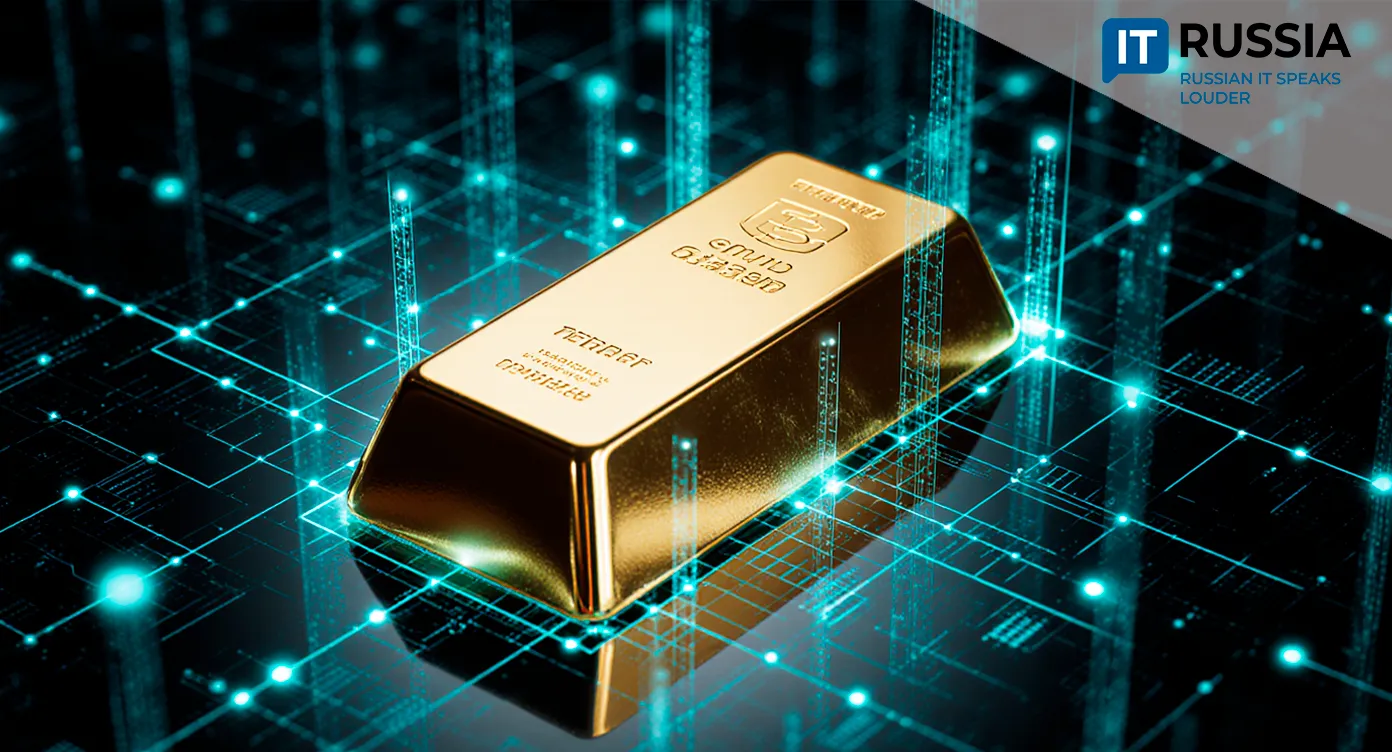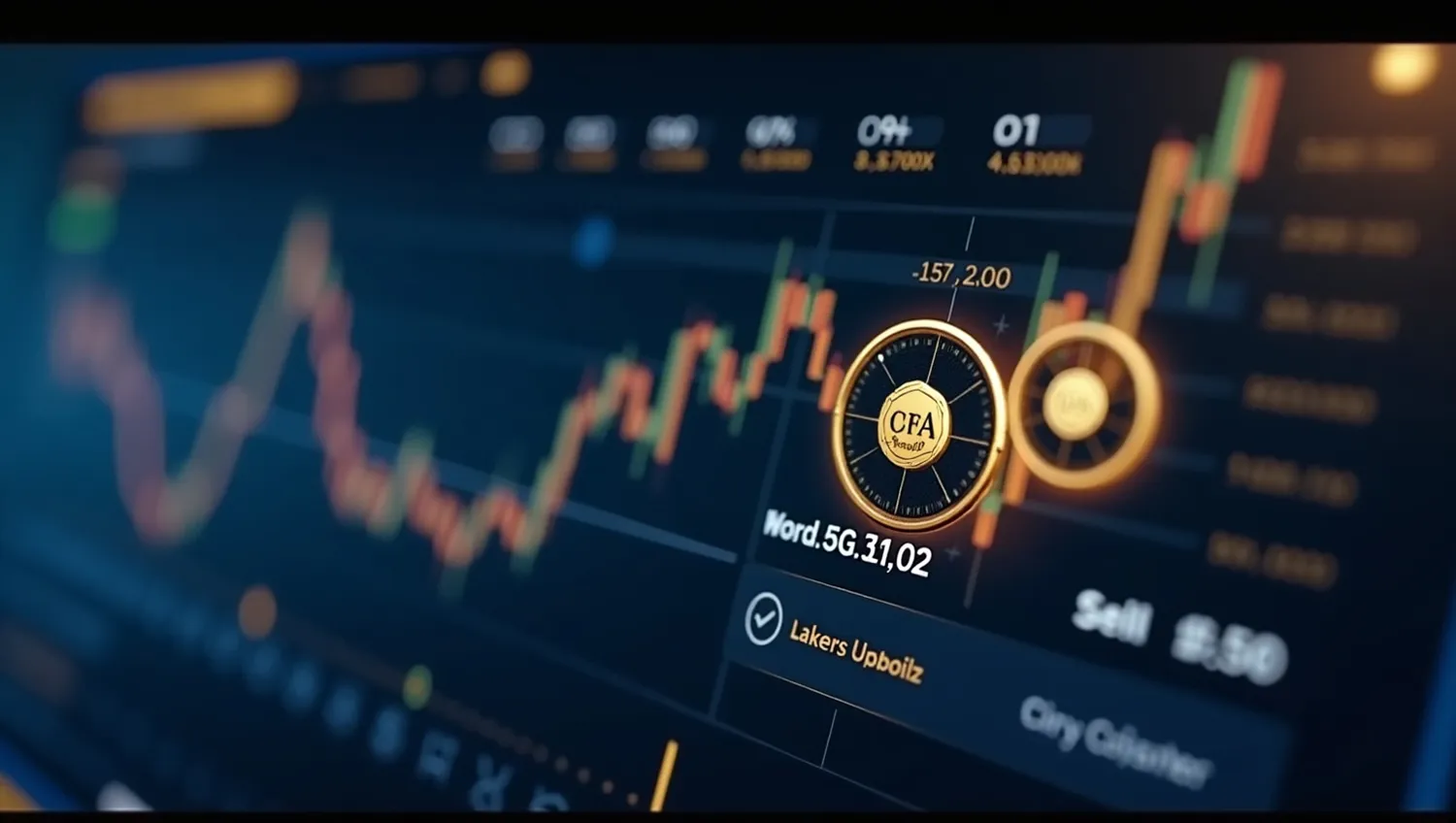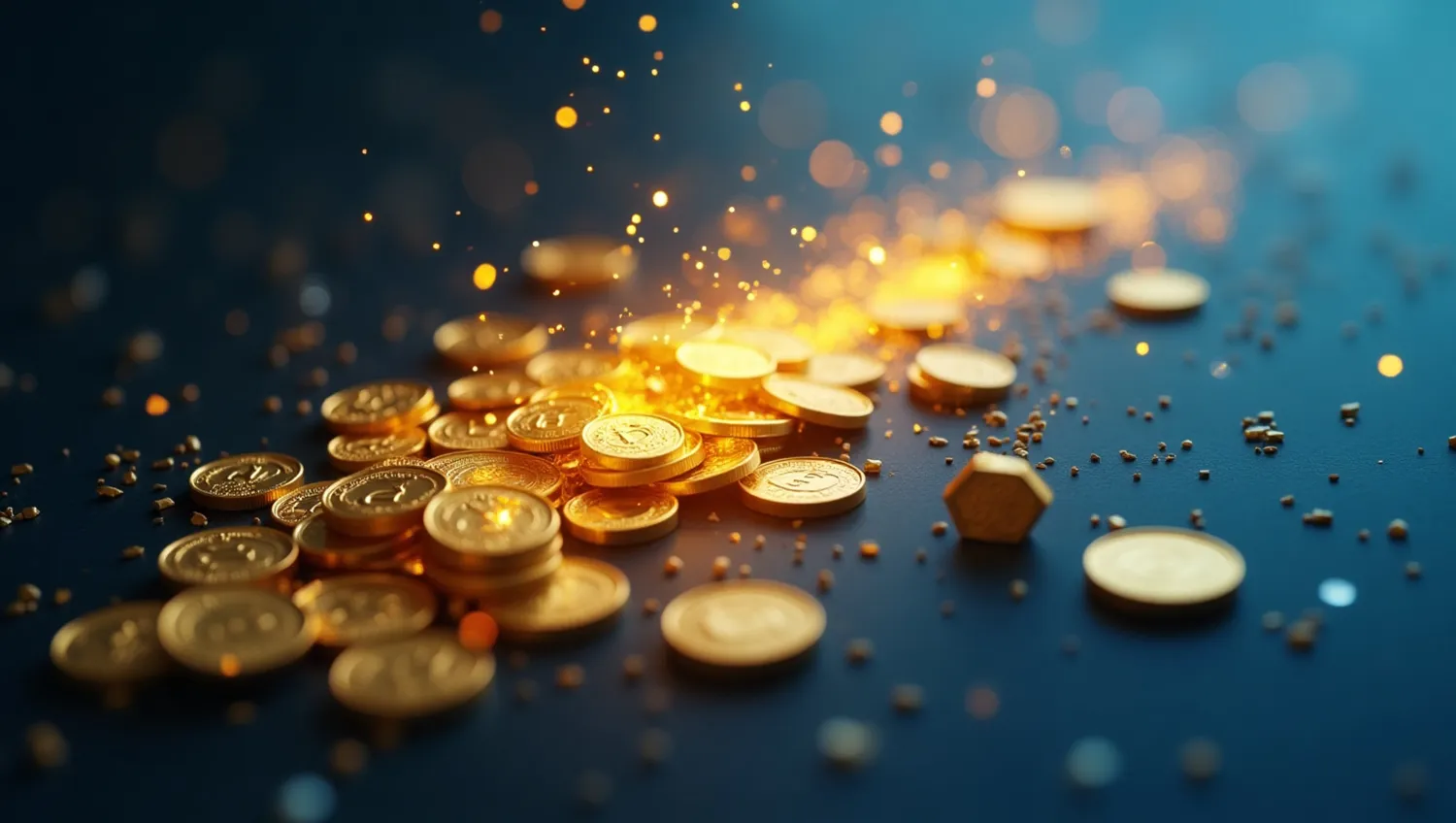Gold-Backed Token: A New Form of Digital Assets
Transparent pricing, no intermediaries, and the elimination of spreads in buying and redeeming make digital financial assets increasingly attractive for Russian investors. More and more companies are adopting this instrument to raise capital.

Debut of the Year
On October 2, at the 3rd Digital Finance: A New Economic Reality forum, polymetallic holding Seligdar won the “CFA Award” in the “Debut of the Year” category. The award recognized the company’s launch of Russia’s first digital financial assets (DFAs) backed by gold, issued between August 26 and September 2.
Seligdar placed the tokens for up to 1 billion rubles (about $12 million), offering a 6% annual coupon yield. The instrument, with a one-year maturity, is indexed to RUGOLD and operated by Alfa-Bank. It represents one of the first large-scale experiments in tokenizing a physical commodity asset.

How the Asset Works
Seligdar’s DFA can be described as a hybrid product. It combines features of a bond (fixed income), a commodity contract (linked to gold prices), and a digital financial asset (issued and traded under Russia’s DFA legislation).
For investors, this offers exposure to gold price movements without the logistical burdens of owning, storing, or insuring bullion. For the company, it opens a new channel for raising capital—one independent of traditional bank lending or international debt markets. This is particularly significant amid sanctions and Russia’s drive toward financial sovereignty.

A Market in Rapid Expansion
The issuance of DFAs is regulated by the Central Bank of Russia, ensuring legality, transparency, and oversight—key advantages over decentralized cryptocurrencies.
Russia’s digital asset market is booming. In just the first half of this year, investments reached 500 billion rubles (about $6 billion)—equal to the total accumulated since 2023, when the first DFA was introduced. These figures were presented during the strategic session “Current Issues in the Development and Regulation of Digital Finance in Russia” at the same forum.
Kirill Pronin, Director of the Financial Market Infrastructure Department at the Central Bank, announced that the regulator is expanding access to DFAs for retail investors, signaling broader public participation in this new investment class.

Future for the Mining Industry
The first attempt to tokenize commodities in Russia dates back to 2022, when the Atomize platform issued DFAs linked to palladium. This year marked the first-ever release of gold-backed DFAs. The initiative could serve as a model for the broader extractive industry—silver, copper, oil, and other commodities with liquid price benchmarks could all be “tokenized” to attract capital.
Over the next one to two years, similar offerings from other mining companies are expected. Within three to five years, tokenized commodity assets could form a distinct segment of Russia’s financial market, integrated into blockchain platforms and automated settlement systems powered by smart contracts.










































